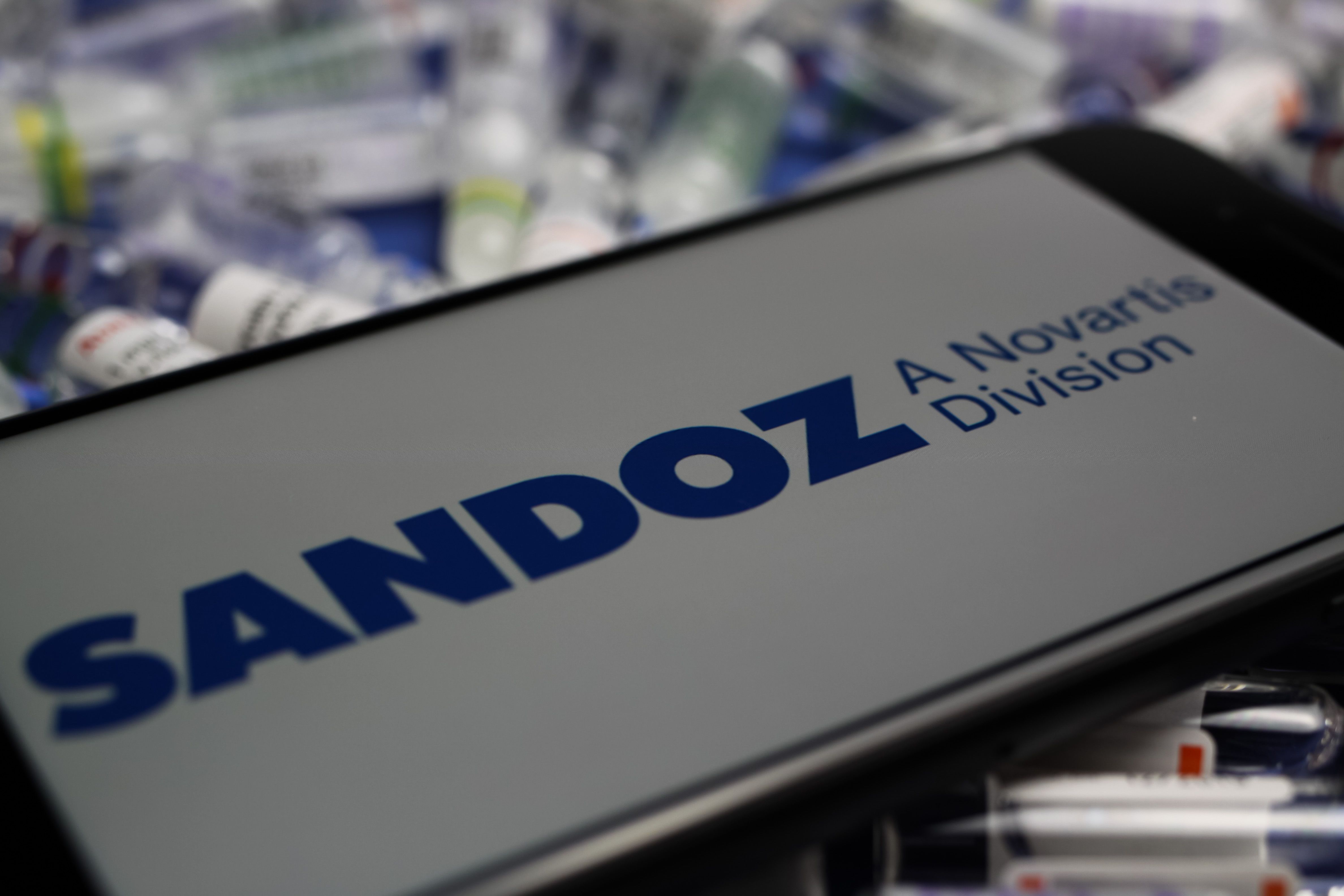- Bone Health
- Immunology
- Hematology
- Respiratory
- Dermatology
- Diabetes
- Gastroenterology
- Neurology
- Oncology
- Ophthalmology
- Rare Disease
- Rheumatology
FDA Approves First MS Biosimilar
The FDA approved its first biosimilar indicated for multiple sclerosis (MS), Sandoz’ Tyruko (natalizumab-sztn), a biosimilar referencing Tysabi (natalizumab).
The FDA approved Tyruko (natalizumab-sztn), a natalizumab biosimilar, as a monotherapy for multiple sclerosis (MS), making it the first neurology biosimilar to receive regulatory approval in the United States.
The product was developed by Polpharma Biologics and will be marketed by Sandoz as a part of a commercialization agreement. Tyruko was approved for all indications of the reference product (Tysabri). Natalizumab is an anti- integrin monoclonal antibody disease-modifying treatment and can be used to treat clinically isolated syndrome, relapsing-remitting MS, active secondary progressive disease, and Crohn disease in adults.
As part of a 2019 agreement with Polpharma Biologics, Sandoz has exclusive commercialization rights to Tyruko in all global markets.

The biosimilar also has the same intravenous dosage form, route of administration, dosing regimen, and presentation as the reference product.
“Of the nearly one million people in the US living with multiple sclerosis, hundreds of thousands experience disease relapse. Tyruko has the potential to extend the reach of natalizumab treatment for these patients, increase healthcare savings and fuel innovation through competition in the market,” Keren Haruvi, president North America, Sandoz, said in a statement.
Sandoz originally submitted a biologics license application for Tyruko in 2022 and announced its plans to commercialize a natalizumab biosimilar in September 2019. Under the global commercialization agreement for Tyruko, Polpharma Biologics will maintain responsibility for development, manufacturing, and supply of the active substance in Tyruko, and Sandoz has the rights to commercialize and distribute it in all markets.
In November 2019, Polpharma Biologics began its phase 3 clinical trial assessing the safety and efficacy of Tyruko, then known as PB006, compared with the reference agent.
Polpharma published the results showing the biosimilarity between the products in January 2023. The parallel-group, randomized, active-controlled Antelope trial included patients from 48 centers across 7 countries, and the results supported the use of PB006 as an adequate alternative to the reference product.
In addition to Tyruko being the first and only biosimilar approved to treat relapsing forms of MS, there are no MS biosimilars approved in the European Union, Canada, or Australia. In April 2023, IQVIA released a report that found that neurologists in Europe are well aware of the biosimilar pipeline for MS and are planning to use them to expand treatment access for their patients.
The main generic and biosimilar drugs for MS expected to launch over the next 5 years are estimated to generate between €4.5 billion to €5.5 billion in savings between 2023 and 2028 in France, Germany, Italy, Spain, and the United Kingdom.
“Access to affordable, high-quality health care is essential for people with multiple sclerosis to live their best lives. The approval of Tyruko, the first FDA-approved biosimilar disease-modifying treatment for people with relapsing forms of MS, is a milestone. Biosimilars are an important treatment option because they have no clinically meaningful differences from their reference medicines. Prescribing them can increase accessibility to affordable medications, improve adherence and help contain healthcare costs,” Bari Talente, executive vice president for advocacy and health care access at the National MS Society, said in the statement.
Budget Impact Analysis of Biosimilar Natalizumab in the US
Projected savings from biosimilar natalizumab were $452,611 over 3 years, driven by decreased drug acquisition costs and a utilization shift from reference to biosimilar natalizumab.
Biosimilars in America: Overcoming Barriers and Maximizing Impact
July 21st 2024Join us as we explore the complexities of the US biosimilars market, discussing legislative influences, payer and provider adoption factors, and strategies to overcome industry challenges with expert insights from Kyle Noonan, PharmD, MS, value & access strategy manager at Cencora.
Eye on Pharma: BI Cyltezo Partnership; Europe Ustekinumab Launch; Mexico Biosimilar Approval
July 24th 2024Boehringer Ingelheim (BI) partners with GoodRx to offer its unbranded adalimumab biosimilar to patients at an exclusive low price; a new ustekinumab biosimilar launches in Europe; and Mexican officials approve a bevacizumab biosimilar.
Biosimilars Gastroenterology Roundup for May 2024—Podcast Edition
June 2nd 2024On this episode of Not So Different, we review the biggest gastroenterology biosimilar stories from May 2024, covering new data from conferences and journals on infliximab and adalimumab products that demonstrate positive clinical results and confirm the safety of these biosimilars, as well as the feasibility of switching to them.
Real-World Study: No Increase in Health Resource Costs After Infliximab Biosimilar Introduction
July 20th 2024Although biosimilars reduce drug purchasing costs for hospitals, it’s unclear whether those savings might be offset by increased health resource utilization following a non-medical switching initiative.
